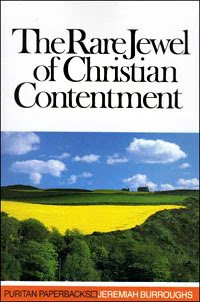On feeling stuck...

Last night Paul and I came home from Sunday Evening Bible Study and spent the next couple of hours discussing feeling stuck - well, me feeling stuck. Those weren't the words I used exactly, but that's the jist of it. I feel as if in my quest for sanctification and Christlikeness, I've reached a stalemate. I have certain attitudes that cause me no end of trouble. I pray, I read Scripture, I rebuke them, I replace them with proper attitudes. But back they come. It's like that wacky arcade game where the bug heads pop up and you're supposed to wack them with mallets before they duck back down. But this game is not fun, and if I miss the nasty bugs people around me get hurt. This is why I found such great comfort in the quote I posted in my previous blog entry: “The longer I live the less optimistic I am that I will end without sin and the more grateful I become for the blood of Christ imputed to me. As I grow older I do not feel myself becoming gloriously holy ...







